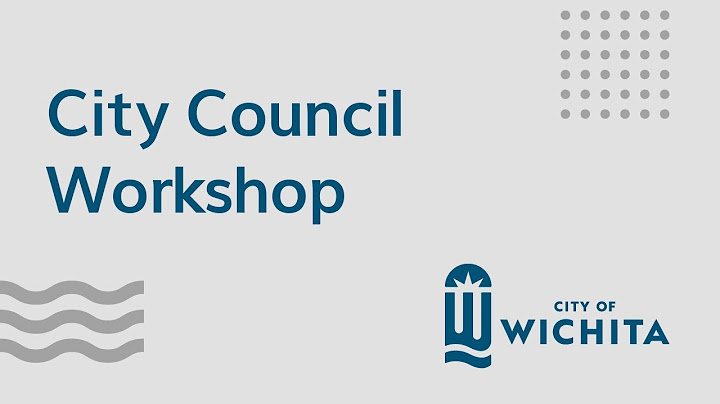DiagnosisDiagnosis of specific phobias is based on a thorough clinical interview and diagnostic guidelines. Your doctor will ask questions about your symptoms and take a medical, psychiatric and social history. He or she may use the diagnostic criteria in the Diagnostic and Statistical Manual of Mental Disorders (DSM-5), published by the American Psychiatric Association. Show
TreatmentThe best treatment for specific phobias is a form of psychotherapy called exposure therapy. Sometimes your doctor may also recommend other therapies or medication. Understanding the cause of a phobia is actually less important than focusing on how to treat the avoidance behavior that has developed over time. The goal of treatment is to improve quality of life so that you're no longer limited by your phobias. As you learn how to better manage and relate to your reactions, thoughts and feelings, you'll find that your anxiety and fear are reduced and no longer in control of your life. Treatment is usually directed at one specific phobia at a time. PsychotherapyTalking with a mental health professional can help you manage your specific phobia. Exposure therapy and cognitive behavioral therapy are the most effective treatments.
MedicationsGenerally psychotherapy using exposure therapy is successful in treating specific phobias. However, sometimes medications can help reduce the anxiety and panic symptoms you experience from thinking about or being exposed to the object or situation you fear. Medications may be used during initial treatment or for short-term use in specific, infrequently encountered situations, such as flying on an airplane, public speaking or going through an MRI procedure.
Lifestyle and home remediesAsk your doctor or other health care professional to suggest lifestyle and other strategies to help you manage the anxiety that accompanies specific phobias. For example:
Coping and supportProfessional treatment can help you overcome your specific phobia or manage it effectively so you don't become a prisoner to your fears. You can also take some steps on your own:
Helping your child cope with fears As a parent, there's a lot you can do to help your child cope with fears. For example:
If your child's fears seem to be excessive, persistent and interfere with daily life, talk with your child's doctor for advice on whether professional diagnosis and treatment are indicated. Preparing for your appointmentIf you've made the choice to seek help for a specific phobia, you've taken a huge first step. You may start by talking to your primary care doctor. Depending on your situation, your doctor may refer you to a mental health professional for evaluation and treatment. What you can doBefore your appointment, make a list of:
Questions to ask might include:
Don't hesitate to ask other questions during your appointment. What to expect from your doctorBe ready to answer your doctor's questions to reserve time to go over points you want to spend more time on. Your doctor may ask:
Oct. 19, 2016 Which nursing action should the nurse plan when caring for a client admitted and diagnosed with acute mania?Goals for nursing a person experiencing mania
Ensure that the person remains free from injury. Assist the person to decrease their agitation and hyperactivity. mood regulation strategies or behaviours.
Which statement demonstrates the best understanding of the nurse's role regarding ensuring that each client's rights are respected *?Which statement by a member of the session demonstrates the best understanding of the nurse's role regarding ensuring that each client's rights are respected? "Being respectful and concerned will ensure that I'm attentive to my clients' rights.
|

zusammenhängende Posts
Werbung
NEUESTEN NACHRICHTEN
Wie lange hat der Vermieter Zeit die Kündigung zu bestätigen
1 Jahrs vor . durch EphemeralProceedingsWerbung
Populer
Werbung

Urheberrechte © © 2024 de.apacode Inc.


















